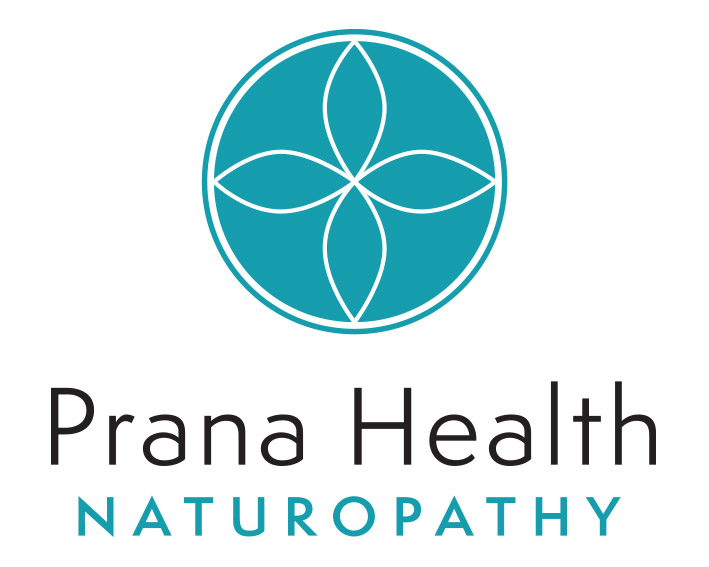PCOS affects about 10 million people in the world. In Australia, 8-13% of women are affected and up to 21% of Indigenous women. 70% of women with this hormonal condition don’t even know they have it.
PCOS stands for polycystic ovarian syndrome, and it is a commonly occurring condition in women of reproductive age, with a range of negative symptoms and outcomes including:
- Oligomenorrhea (irregular periods)
- Amenorrhea (absent periods)
- Acne
- Weight gain
- Hirsutism (excess hair) or thinning hair
- Insulin resistance
- Subfertility
- Increased risk of diabetes mellitus and cardiovascular events.
According to The globally accepted “Rotterdam PCOS diagnostic criteria”, women must show 2 of 3 of the following to be diagnosed:
1) Oligo‐ovulation, anovulation or both (irregular or absent periods).
2) Hyperandrogenism with elevated serum androgen levels or excessive hair growth.
3) Polycystic ovary(s), with 12 or more follicles (2 – 9 mm in diameter) and/or increased ovarian volume (> 10 mL).
Key point from above – you can have PCOS without having cysts on your ovaries, so an ultrasound alone doesn’t diagnose PCOS.
The drivers of PCOS include:
- Genetics and environmental factors.
- Insulin resistance – high insulin drives overproduction of androgens (the two exacerbate each other). This is the most common driver (about 70% of cases).
- Inflammation – chronic inflammation can drive increased testosterone.
- Adrenal fatigue – chronic cortisol production drives up DHEAS.
- Post-pill PCOS – A surge in androgens as you come off the pill as your body tries to regulate hormone production.
here are four ways to support pcos naturally:
1. Exercise:
Exercise and weight loss can help reduce insulin resistance, which is one of the drivers of PCOS.
2. Diet:Reduce foods that spike your blood sugar – aim for low GI foods such as wholegrain oats and breads, nuts and seeds, and most fruit and vegetables. Steer clear of packaged and processed foods, including sugary drinks and alcohol.
3. Supplements:Supplements that may be useful for PCOS include magnesium, zinc, chromium, and vitamin D. The superstar, however, is Myo-inositol… it rivals the pharmaceutical Metformin in reducing androgens and supporting blood glucose metabolism, without the side effects!
4. Herbs:Herbs that may be useful for PCOS include berberine, cinnamon, fenugreek, turmeric, vitex, licorice and peony.
Always speak with a qualified health practitioner to ensure you are taking the right prescription for your individual needs.
Get in touch with me to see how I can help support your PCOS symptoms with Naturopathy.




